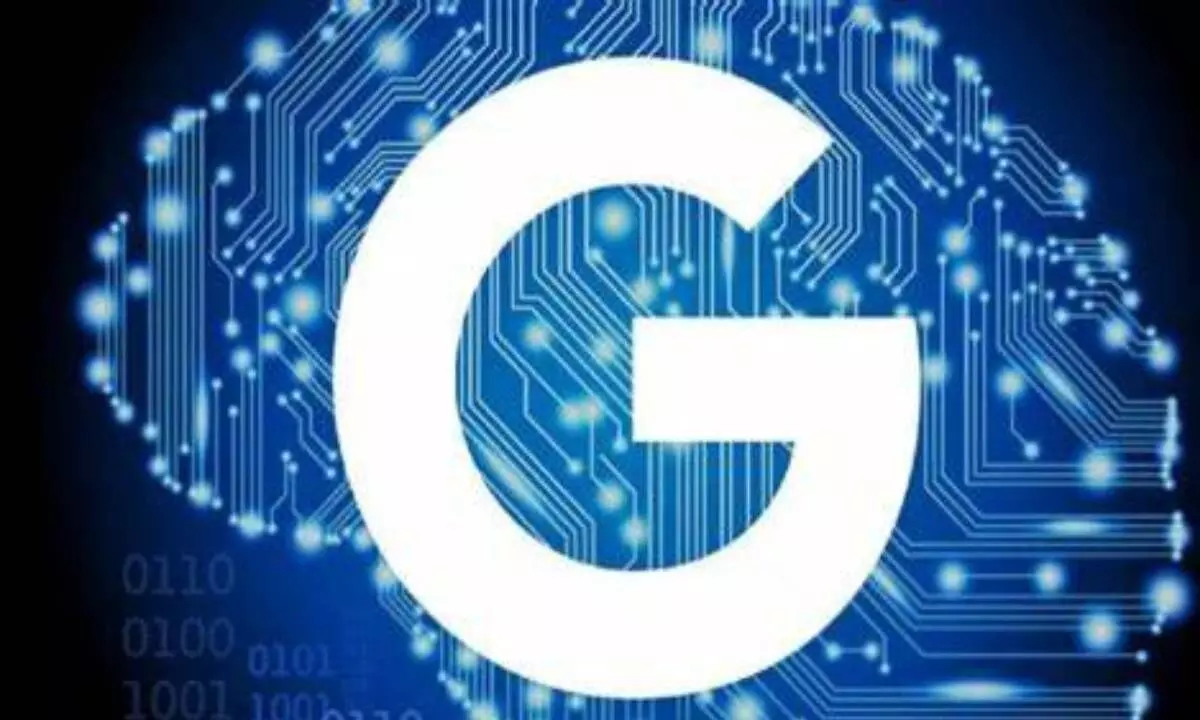AI-powered search is coming to Google I/O
Microsoft Corp., which is now using technology from start-up OpenAI in its own search product, Bing, is following Google's lead by asserting its dominance in the market.
image for illustrative purpose

Microsoft Corp., which is now using technology from start-up OpenAI in its own search product, Bing, is following Google's lead by asserting its dominance in the market.
Alphabet Inc.'s Google will unveil its efforts to overhaul its search business with AI at its I/O conference in Mountain View, California. In response to moves by players like Microsoft Corp., which has used OpenAI's technology in its Bing search product, Google is asserting its dominance.
“Consumers now have more access to choice, so AI is Google’s market to lose,” said Zeno Mercer, research analyst at investment advisory firm ROBO Global.
Google's large language models are at the heart of all new product development — massive AI systems that digest huge amounts of digital text from news articles, social media posts and other internet sources, and train software that predicts and generates content on its own based on a prompt or query. Several AI chatbots, including OpenAI's ChatGPT, rely on LLMs created by Google. To stay competitive, Google is expected to announce more advances in that research on Wednesday. The way these generative AI technologies will be applied across the company’s products and services has yet to be announced, but any changes to search could upend users’ habit of typing keywords into a blank search bar, then getting a list of relevant sources to click on.
Also, Google has hinted that it will highlight new generative AI-powered offerings in its cloud services and Workspace products. In the past, Google has suggested its AI could help with creating slide presentations and sales-training documents, taking notes in meetings, and drafting emails, but the experiments have been limited to its Google Cloud clients. According to Google, the features will eventually be made available to everyone.
Mercer, a research analyst, said Google is now at an "inflection point where it needs to rapidly iterate and make changes." “If it doesn’t, consumers will start looking for alternatives,” Mercer said.

